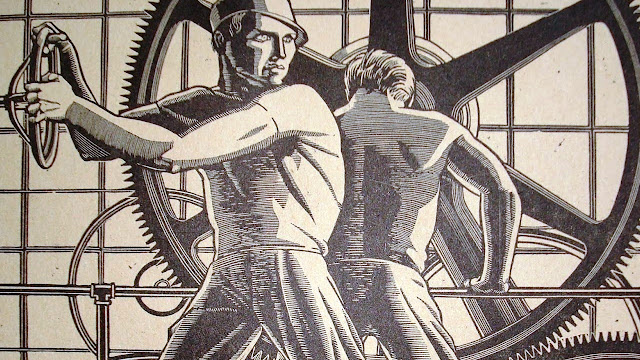How does the Constitution protect labor?

QUESTION: What are the salient features of the protection to labor provision of the Constitution?
ANSWER: It has been said that our fundamental law is a pro-labor constitution The salient features of the 1987 Constitution's provision on protection to labor (Article XIII. Section 3) are as follows:
[1] The extent of protection is full. The State affords full protection to labor;
[2] The protection covers all kinds of labor: local and overseas, organized and unorganized. In fact, the Government through the Department of Foreign Affairs (DFA) normally engages in the repatriation of undocumented Filipino migrant workers;
[3] The State's policy of employment is not only full employment but also equality of employment opportunities for all;
[4] It guarantees unionism and collective bargaining as the method of adjusting conditions of employment. This is in line with the right of all workers to self-organization and collective bargaining and negotiations;
[5] It allows concerted activities by workers. This is their right to engage in peaceful concerted activities, including the right to strike in accordance with law;
[6] It guarantees certain basic working conditions such as the right to security of tenure, humane conditions of work and a living wage. The Constitution does not only guarantee a "minimum wage" but a "living wage";
[7] It allows workers to participate in the employer's business. This is their right to participate in policy and decision making processes affecting their rights and benefits as provided by law; and
[8] The share of workers in the fruits of production is a recognized right of labor.
PERTINENT PROVISIONS:
The Constitution (In Article XIII, Section 3) provides that the State shall afford protection to labor, local and overseas, organized and unorganized.
The State shall afford protection to labor by promoting full employment and equality of employment opportunities for all.
Workers are entitled to security of tenure, humane conditions of work and a living wage.
The State shall guarantee the right of all workers to self organization, collective bargaining and negotiations, and peaceful concerted activities, including the right to strike, in accordance with law.
Workers shall also participate in policy and decision making processes affecting their rights and benefits as may be provided by law.
The State shall promote the principle of shared responsibility between workers and employers and the preferential use of voluntary modes in settling labor disputes, including conciliation, and shall enforce mutual compliance therewith to foster industrial peace.
The State shall regulate the relations between workers and employers, recognizing the right of labor to its just share in the fruits of production and the right of enterprises to reasonable returns on investments, and to expansion and growth.



